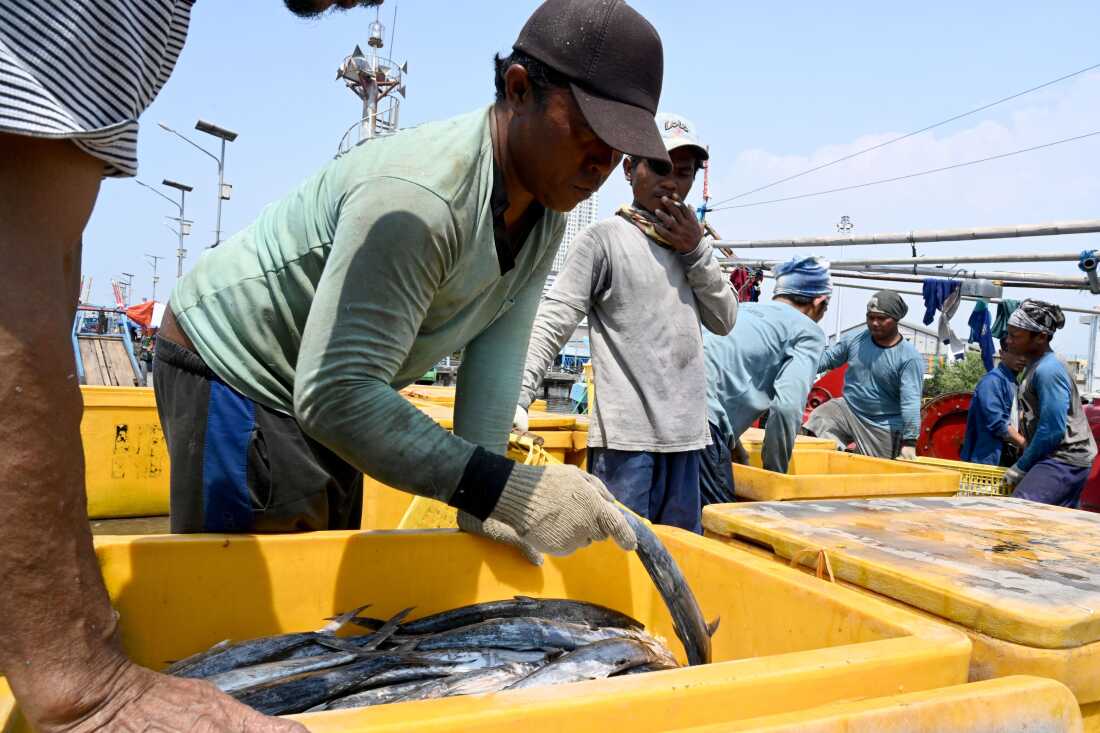Moscow’s European Union neighbors, including Finland, Latvia, Estonia, Lithuania, and Poland, have recently implemented a ban on passenger vehicles with Russian license plates. This ban is part of the ongoing debates surrounding the enforcement of an EU directive related to import restrictions in connection with the conflict in Ukraine.
This ban not only affects ordinary Russians but also political dissidents and Ukrainian refugees who are fleeing Russia. Travel options from Russia to Europe have already been significantly limited due to mutual airspace bans and visa restrictions imposed on Russian citizens after Moscow sent troops into Ukraine last year.
The vehicle ban poses a significant hindrance to the evacuation of seriously ill and disabled Ukrainian refugees from Russia, many of whom require specialized assistance. For example, a Ukrainian woman with terminal cancer had to cross the Russian-Estonian border in a wheelchair due to the ban. After clearing the checkpoint, her son had to push her wheelchair for one-and-a-half kilometers on foot. The ambulance driver was informed by Estonian border officers that the vehicle would be seized if it crossed into Estonia.
Although it is unclear how many people will be affected by this ban, Ukrainian refugee assistance teams receive up to four weekly requests for help from disabled individuals. In situations where a person has to travel alone without any companions on the other side of the border, the ban poses even greater challenges.
Furthermore, this ban is likely to impact Russian opposition figures who seek to leave the country amidst the crackdown on dissent by the Russian government. Alexei Navalny’s team has called on Estonia, Latvia, and Lithuania to reconsider the measure, arguing that it harms anti-war Russians and reinforces the Kremlin’s narrative of anti-Russian sentiment in the West.
Activists and independent journalists also argue that the ban creates legal conflicts, harms opponents of President Putin’s regime, and gives the Russian authorities more propaganda material. The ban is considered strange, given that these countries had already prohibited the entry of Russians with EU tourist visas.
Although the ban was issued in response to existing regulations prohibiting the import or transfer of goods from Russia, critics argue that the cars affected are unlikely to be sold in these EU countries and do not constitute an export from Russia.
The ban primarily targets Russians who oppose the war in Ukraine and wish to distance themselves from the Russian state’s policies. It prevents these individuals from easily fleeing the oppressive situation in their country and seeking refuge in Europe.
Advocates of the ban argue that it is a part of the sanctions imposed on Russia due to the ongoing conflict in Ukraine. They view it as another element of the sanctions meant to address the threat posed by the Russian state to international security.
Lithuania has already reported barring at least 58 cars with Russian license plates from entering the country since the ban was implemented. Finland has clarified that the ban does not apply to EU citizens and their close family members, diplomats, or individuals traveling for humanitarian purposes. Estonia has stated that ambulances from Russia will be allowed to pass despite the ban.
Overall, this ban on Russian cars makes it increasingly difficult for ordinary people, dissidents, and refugees to enter the EU. Critics argue that political decisions should be considered over technical regulations and question whether these sanctions will bring an end to the conflict in Ukraine.














